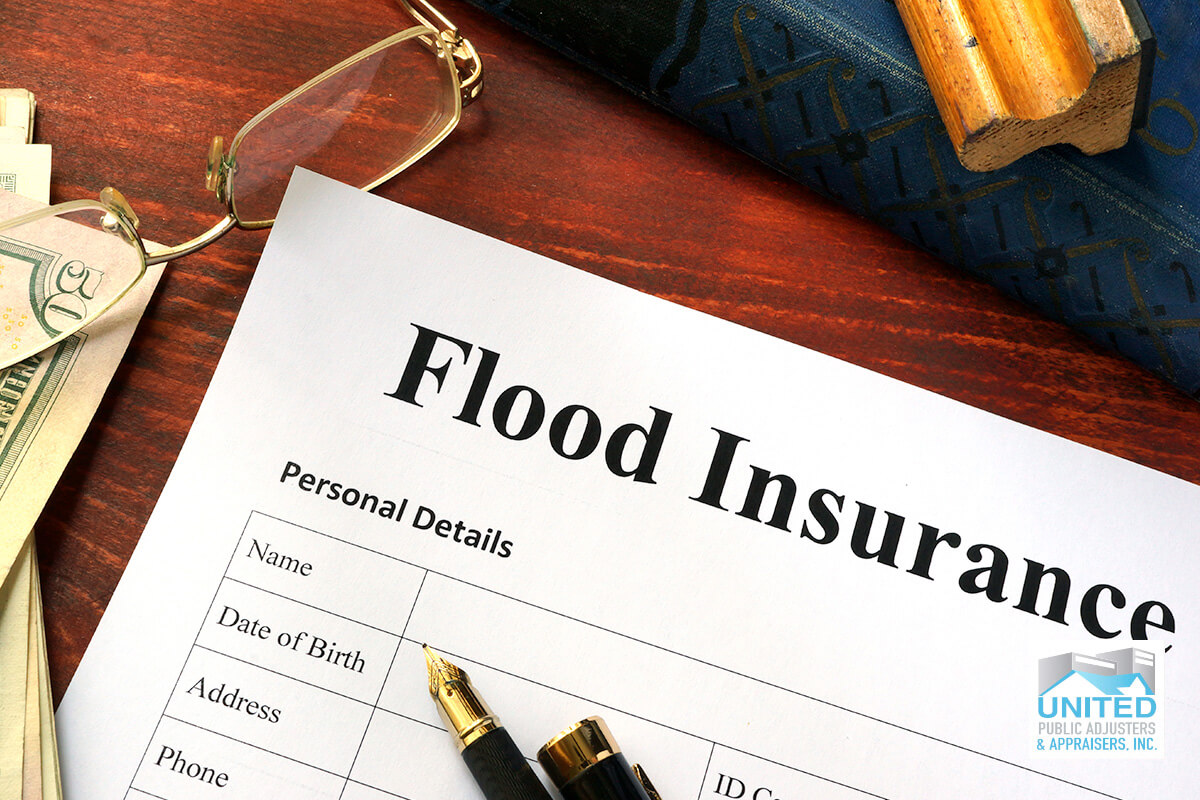
As a homeowner, it is important to understand the extent of coverage that is offered by your insurance policy. This is especially important in instances of flooding. Many basic homeowner’s insurance policies don’t cover flood damage; this type of insurance is typically not considered essential in most areas. As a homeowner, it’s vital to recognize that unexpected flooding can cause substantial damage to your property, and it’s your responsibility to ensure that your policy includes flood damage coverage.
In this article, we will explore the topic of flood insurance coverage, policy intricacies, and how regional location can impact your homeowner’s insurance. We will also provide insights into navigating insurance claims for catastrophic flooding and why it’s in your best interest to partner with an experienced insurance adjuster to ensure that your flood damage claim is handled properly.
Understanding Homeowner’s Insurance Coverage
Standard homeowner’s insurance covers damage caused by common perils such as fire, weather, and theft. A policy with basic coverage can also cover certain types of water damage, but the specifications of the coverage can vary based on a variety of factors. If you have a standard policy, it’s important to realize that flood damage is likely excluded from your coverages.
Insurance policies typically distinguish between water damage caused by a burst pipe on your property and external sources of water damage. If heavy rains or overflowing bodies of water in your area are the cause of flooding on your property, it’s highly likely that your insurance provider will deny your damage claim.
Specialized Flood Insurance
To adequately protect your property from flood-related damage, a separate flood insurance policy is required. The National Flood Insurance Program (NFIP) and private insurance companies offer flood insurance policies designed to address these specific risks. Flooding due to natural disasters, heavy rains, or inferior public infrastructure can mean disaster for your property. These specialized policies can cover both structural damage and damage to your personal belongings caused by flooding.
Determining the Risk
When considering whether to purchase flood insurance, it is crucial to assess the risk level of flooding in your specific area. Factors such as the property’s proximity to rivers, lakes, or flood zones play a significant role in determining your need for coverage. FEMA’s flood maps and local weather reports can provide valuable information when assessing your property’s flood risk.
Navigating Insurance Claims for Flooding
In the unfortunate event of catastrophic flooding, it is important to understand how to navigate the flood insurance claims process effectively. Being armed with this information will allow you to have your claim processed quickly and efficiently and ensure that you get the settlement you deserve for your damage. The following are some key tips to remember about the flood damage claim process.
-
Document the Damage
Take photographs and videos of the damage and affected areas. This will allow you to provide clear evidence of damage to your insurance provider when making your claim. It’s also a good idea to take an inventory of your property and document your belongings prior to an event such as a flood. This way, you have indisputable proof of your property, what was damaged, and what was lost following a disaster.
-
Contact Your Insurance Company
Notifying your insurance company as soon as possible is absolutely vital in a situation like this. Many insurance providers have reporting deadlines and other regulations written into the fine print of policies. Being diligent and prompt with your reporting and communication is key.
-
Seek Guidance from a Professional
Working with a knowledgeable and experienced public insurance adjuster is in your best interest when dealing with flood damage. A professional insurance adjuster can accurately and efficiently assess the damage while also investigating your policy details. This is how they are able to ensure that you receive the maximum possible payout for your flood damage claim.
-
Review Your Insurance Policy
Familiarizing yourself with the specific details of your policy is a great idea for property owners. It’s important to acknowledge that insurance policies are heavily laced with legal jargon and flowery language. This is another reason why you should consider working with an experienced professional adjuster, as they can read through your documents and ensure that you have a thorough understanding of your policy.
Make Sure Your Property is Protected
While homeowners insurance typically does not cover flooding, protecting your property from danger is crucial. Explore the options available for flood insurance and assess your specific risk for flooding in your area. By understanding your policy, documenting damage, and seeking professional guidance, you can make the claims process as painless as possible.
Navigating the insurance claims process can be complicated, but it doesn’t have to be when you have the right team on your side. Our team is proud to be an essential resource to property owners, and we’re constantly working diligently to ensure that policyholders receive the compensation they deserve in the event of catastrophic flooding. Being proactive now and working with a dedicated team of experts can save you from significant losses and financial burdens in the future.
MY FREE CONSULTATION
"*" indicates required fields
